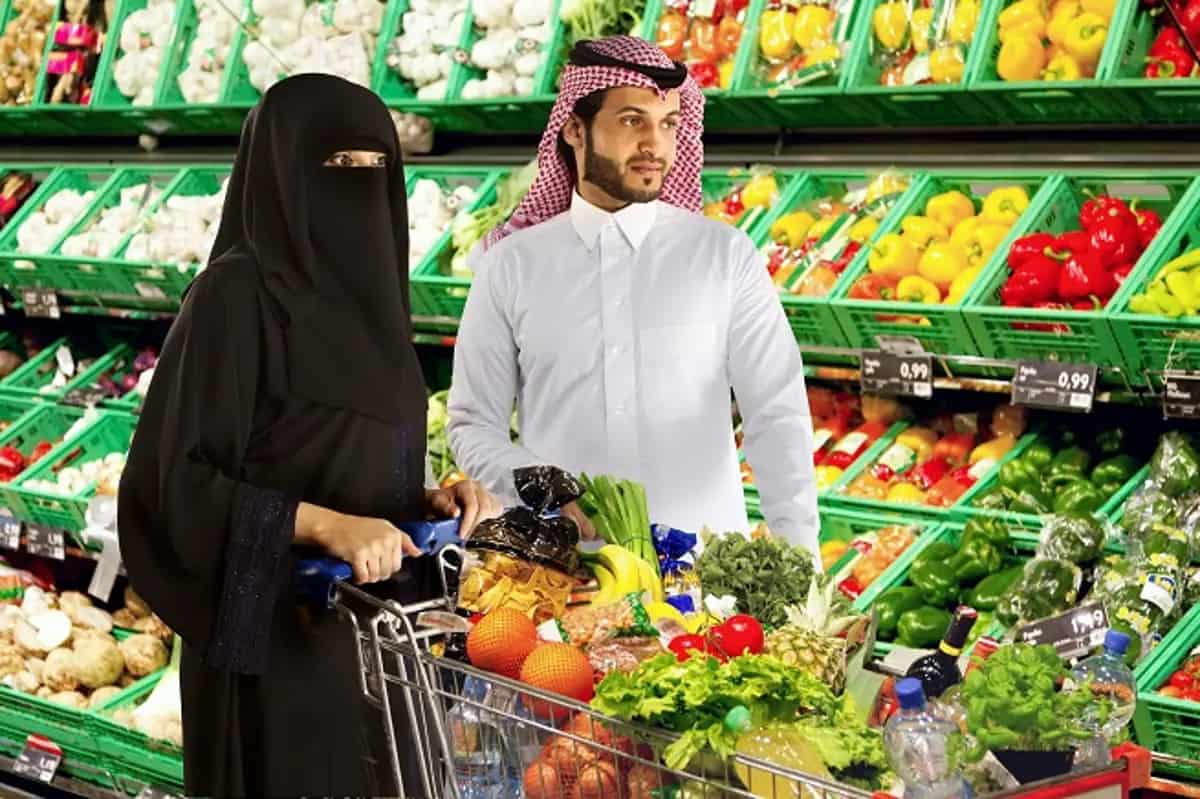Inflation has spawned numerous hurdles in the path of businesses to grow, and GCC business leaders are struggling to find a way to surmount the difficulties aggravated by geopolitical events.

“The most serious challenge that businesses in the GCC face today is uncontrollable events like geopolitical or shipping cycles, insurance, industry instability, technology or game-changing difficulties, and competitive hurdles,” said Mohammed H Abudawood, Executive Chairman of the Abudawood Group,a Saudi company in sales, distribution, and investments.
“In order to deal with the current global inflation and high prices, you must have the best buyers on your team.” Strategic alliances are often essential for hedging raw material costs. Cost savings are necessary not only because of inflation but also as part of running a business. It would be best to always search for greater quality at a cheaper cost,” he said to TRENDS.
Abudawood said that the ongoing supply chain issues would definitely impact expenses and consumer pricing. For example, when a country like Indonesia stops exporting cooking oil, it will undoubtedly harm the edible oil category.
Energy prices have risen by more than expected. Some of the pandemic-sparked supply chain disruptions have persisted into 2022, presenting a challenge for heavily import-dependent countries like the Gulf states.
Inflation to peak in 2022
In its recent report, the International Monetary Fund (IMF) said the Russian invasion of Ukraine is significantly affecting the growth prospects of the developing economies in the Middle East and North Africa (MENA), while oil-exporting countries benefit from higher crude prices.
In its “Regional Economic Outlook: the Middle East and Central Asia,” the IMF said that growth in the GCC countries is projected to accelerate from 2.7 percent in 2021 to 6.4 percent in 2022, an upgrade of 2.2 percentage points from October, mainly due to upward revisions for Saudi Arabia.
Despite an upgrade, inflation is expected to peak at 3.1 percent in GCC countries in 2022, after 2.2 percent inflation in 2021.
According to IMF Middle East and Central Asia Director Jihad Azour inflation averaged 14.8 percent in 2021 and is expected to remain at 13.9 percent this year, noting that the conflict in Ukraine “directly and indirectly affects” the region with an increase in energy and food prices.
GCC policies to control inflation
The consensus view across most global central banks is that lower interest rates boost demand on products and services, by encouraging borrowing-to-spend behavior by consumers and companies, thereby driving up prices, all else being equal. This is why many countries are once again beginning to increase rates, which were cut low to stimulate demand at the start of the pandemic. The US Federal Reserve has started raising rates, precisely because of inflation concerns, and the GCC states followed.
According to PWC, the most direct way to limit inflation is to control prices. Subsidy regimes in the GCC held back inflation for many years, but many aspects of them have been withdrawn since 2016. However, some subsidies do remain and are even being expanded. Oman has capped fuel prices at the November level and in January rejigged its electricity subsidy regime in a way that has reduced costs for most residential consumers, a disinflationary driver.
Governments can also set limits on the prices that private companies can charge for certain goods and services. This is generally discouraged by economists but is common in areas such as healthcare, education, and basic foodstuffs.
At the start of the regional trade boycott of Qatar in 2017, its ministry of commerce temporarily fixed prices for many foodstuffs to prevent price gouging as a result of temporary shortages. This didn’t last long, as alternative trade routes were developed. However, it provides an example of a possible policy GCC states could choose to deploy if prices do get out of hand again.








